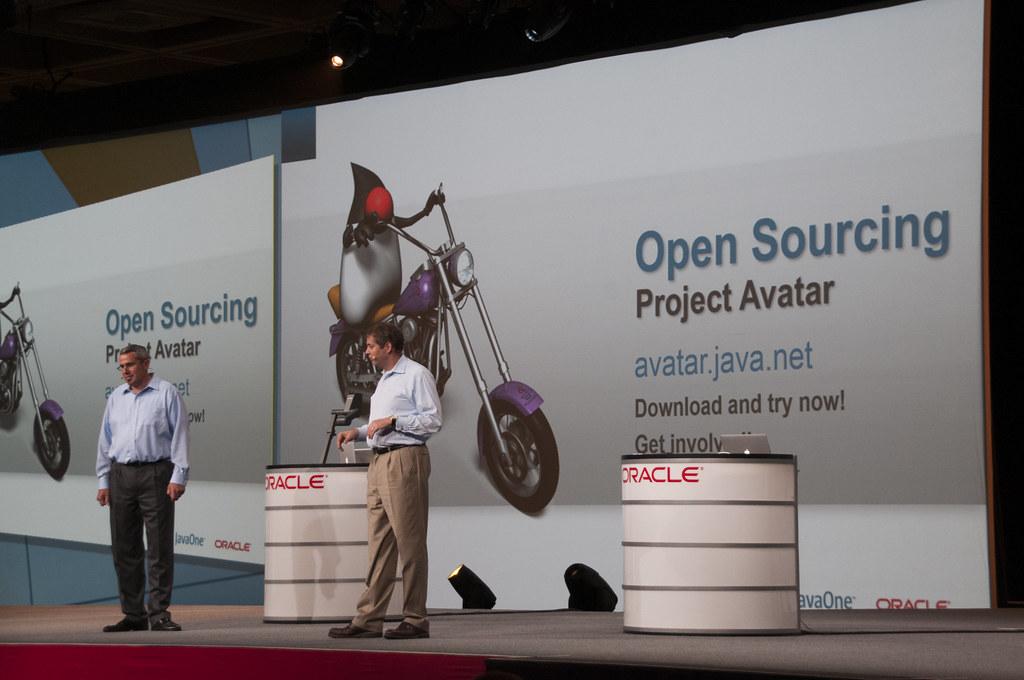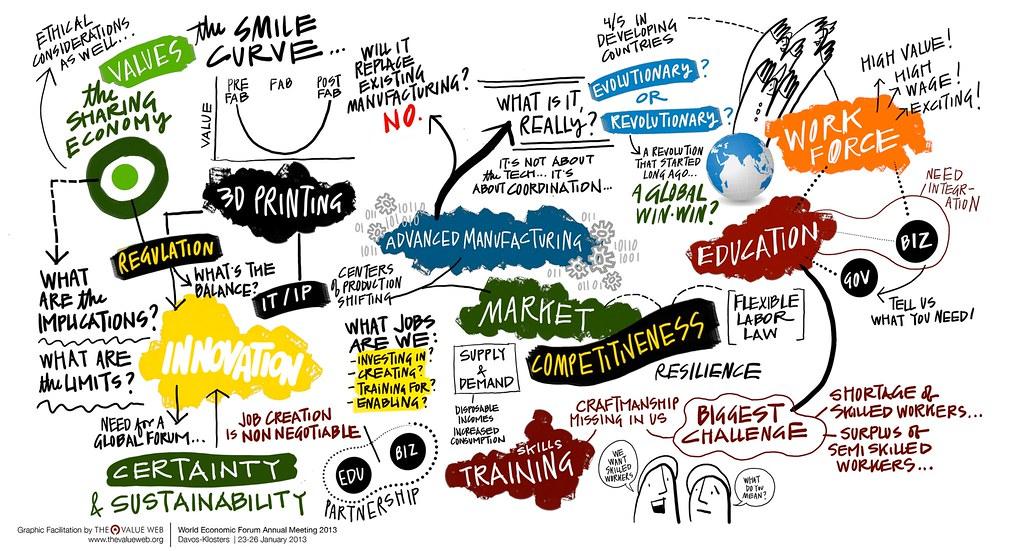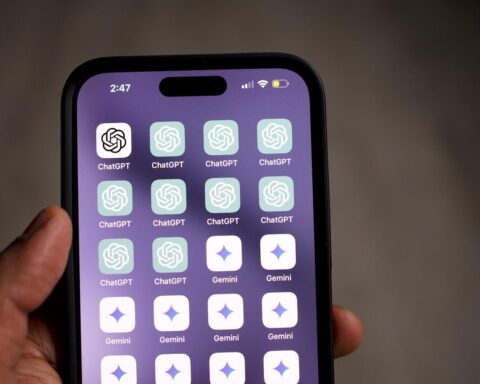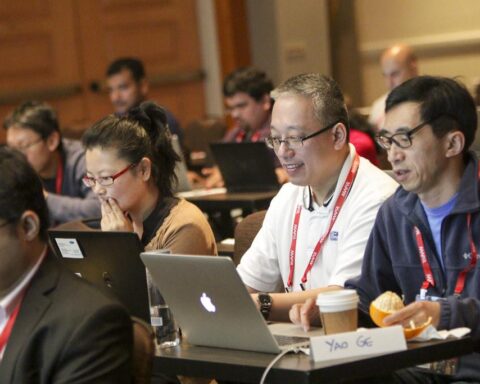As the world eagerly anticipates the next breakthrough in artificial intelligence, Elon Musk’s AI company, Grok, is making waves by open-sourcing its technology. This bold move has sparked intense debate among experts and enthusiasts alike about the implications and potential outcomes. In this article, we will explore both sides of the argument to decipher why Grok’s open-sourcing strategy matters – and why it may not be as groundbreaking as it seems.
Table of Contents
- The Potential Implications of Open-Sourcing Grok
- Challenges and Benefits of Sharing AI Technology
- Grok’s Impact on the AI Community
- Ethical Considerations in Open-Sourcing AI
- Recommendations for Companies Considering Open-Sourcing AI Technology
- In Summary

The Potential Implications of Open-Sourcing Grok
Elon Musk’s company decision to open-source Grok is poised to make some serious waves in the AI industry. On one hand, it could democratize AI technologies, providing developers everywhere with the tools they need to build some truly incredible applications. It could also pave the way for more transparency in AI development, which is always a good thing considering that AI technologies tend to be pretty opaque.
In contrast, however, some experts argue that open-sourcing Grok might not have the impact we’re anticipating. Specifically, there are concerns that it could lead to an influx of inexperienced developers misusing AI technologies. Additionally, while transparency is generally beneficial, too much of it can also lead to some pretty serious security risks.
- The open-source approach could democratize AI technologies, potentially leading to a flurry of innovative applications.
- It could also introduce transparency to AI development, which would benefit everyone interested in understanding how these systems work.
The concerns include:
- An influx of perhaps inexperienced developers could lead to misuse of AI technologies.
- Over-transparency could open doors to potential security threats.
| Potential Impact | Implications |
|---|---|
| Increased transparency | A better understanding of AI systems for everyone. However, it may potentially lead to security threats. |
| Democratization of AI | More developers can innovate with AI. Yet, there’s a risk of misuse of technologies due to inexperience. |

Challenges and Benefits of Sharing AI Technology
Elon Musk’s decision to ‘open-source’ Grok, his AI company, has caused ripples in the tech world, provoking intense debate on the costs and benefits of sharing AI technology. On one hand, opening up AI technology has potential implications for encouraging diversity in AI research and development. By breaking down barriers to entry, new voices and perspectives can enter the field, potentially leading to more innovative and diverse solutions.
Besides, ‘open-sourcing’ could lead to:
- Faster AI development: Building upon the work of others can accelerate the overall development process.
- Better problem-solving: The larger the pool of knowledge, the greater the collective ability to tackle complex real-world problems.
- Increased transparency: Open-sourcing makes it easier to understand and track the functionality of AI systems, thereby increasing trust in these technologies.
At the same time, sharing AI technology is not without its challenges. For starters, concerns about security and misuse of technology loom large. Moreover, the lack of scalable and sustainable funding models for open source projects often results in burnout and stunted growth.
| Challenges | Implications |
|---|---|
| Security Risks | Increased vulnerability to malicious attacks. |
| Misuse of Technology | Potential for unethical applications of AI. |
| Unsustainable Funding | Potential for project stagnation and burnout among developers. |
Therefore, although ‘open-sourcing’ Grok presents an exciting opportunity for the AI community, it is essential to address these challenges head-on to unlock the full benefits of this decision.

Grok’s Impact on the AI Community
Elon Musk’s AI company, OpenAI, made the bold move of open-sourcing Grok, a software designed for understanding code semantics. Based purely on artificial intelligence, Grok is able to read, analyze and comprehend any given code better than an average programmer. This capacity left an indelible mark within the AI community who have been fast to embrace the platform, and start leveraging it for their own projects.
Grok’s Impact
Essentially, this was seen as a major endorsement of the open-source ethos within the AI community. Hence, let’s dive into the details of how the AI community has taken this, and what the future has in store:
- Educational Value: The open-source nature of Grok provides immense educational value for upcoming programmers allowing them to examine and learn from the AI-driven code interpretation.
- Collaborative Development: It fosters greater collaboration by permitting programmers from all around the world, to enhance, modify, and adapt Grok to their specific necessities.
- Algorithm Trustworthiness: Sharing Grok’s structure improves transparency and users’ trust, which is crucial for the adoption of AI technologies.
| Pros | Cons |
|---|---|
| Boosts learning and development in AI community | Could be misused by malicious actors |
| Promotes transparency and trust in AI technology | May cause potential IP issues |
| Fosters Collaboration | Makes controlling technology advancements difficult |
Despite these immense benefits, the step also raises some valid concerns. Most prominently, how to manage technology that is advancing at a rapid pace and taking on crucial tasks? How to avoid misuse of such a sophisticated tool by unscrupulous actors? Given the sensitive nature of AI technology, these concerns are not unfounded, and it’s necessary to debate on protecting and managing AI advancements moving forward.

Ethical Considerations in Open-Sourcing AI
Earlier this year, Elon Musk’s AI enterprise shook the world of artificial intelligence when it rolled out its initiative to open-source Grok, its AI software. On one side, the news garnered praise for its potential in promoting transparency and fostering innovation by creating a collaborative ecosystem. However, on the flip side, several concerns were raised around the ethical considerations of such a move.
In the sphere of benefits, broadening access to Grok can lead to a vibrant exchange of ideas and knowledge, engendering an acceleration in AI evolution. A key advantage includes:
- Advancement in Research: With open access to the workings of the Grok AI model, researchers and developers across the globe can explore, experiment, and elevate the AI capabilities.
| Impact | Rating out of 5 |
|---|---|
| Boosting Knowledge Sharing | 5 |
| Improving AI Quality | 4 |
| Innovation Increase | 5 |
Despite the undeniable benefits, the open-sourcing endeavour does draw attention to several major ethical concerns. The core of these apprehensions revolves around how manipulable the technology might become in the hands of malevolent users. Here’s a crucial concern to ponder:
- Misuse Potential: The open availability of the AI software could lead to its misuse for harmful purposes, such as deepfake creation and unregulated surveillance measures.
| Impact | Rating out of 5 |
|---|---|
| Risk of Misuse | 5 |
| Data Privacy Concerns | 4 |
| Influence on Ethical Standards | 5 |
In conclusion, while opening up Grok for public use could prove to be a boon for AI development and research, the associated ethical implications necessitate a carefully considered, well-regulated approach towards open-sourcing AI.

Recommendations for Companies Considering Open-Sourcing AI Technology
AI pioneer Elon Musk recently made headlines when his AI Company Grok decided to open source its technology. This is a trend that other companies in the tech sector should seriously consider. Open-sourcing technology allows for widespread collaboration and swift innovation. It also showcases a company’s confidence in its ability to stay at the forefront of development, even when others have access to its technology.
However, it is also crucial to consider the potential downfalls of this path. Open-sourcing AI technology also means handing over some control over where and how your technology is utilized. Depending on the nature of the technology, this could have unforeseen repercussions. For instance, it could be used unethically or even maliciously. Companies must strike a balance between fostering innovation and maintaining ethical usage.
- Pros of open-sourcing technology:
- Facilitates collaboration
- Promotes swift innovation
- Increases brand reputation
- Cons of open-sourcing technology:
- Loses some extent of control
- Potential for unethical use
- Harder to monetize
| Open-Sourcing | Retaining Exclusivity | |
|---|---|---|
| Innovation | High | Depends on team’s ability |
| Control | Low | High |
| Monetization | Difficult | Easier |
In Summary
In conclusion, Grok’s open-sourcing is both a grand crescendo in the symphony of AI evolution, authored by Elon Musk’s brilliance, and a mere whisper in the vast universe of artificial intelligence complexities. Musk, once again, has led a dance of technology, encouraging us to witness, question and possibly join in, yet cautioning us of the unorchestrated steps. While Grok’s open source nature increases accessibility, platform evolution, and possibly heralds a new era of integrated machine learning, it also propels us into unchartered territories riddled with unsolved puzzles of accountability, deep learning expertise, and ultimate consequences. Musk’s symphony continues, and we, as audience or participatory dancers, are left to discern its harmony or dissonance, and contemplate the pertinence of his composition in our own individual and interconnected futures. Be it applause or critique, Grok has undeniably opened a new conversation within its realm, forcing us to reassess and redefine our understanding of potential within AI.






